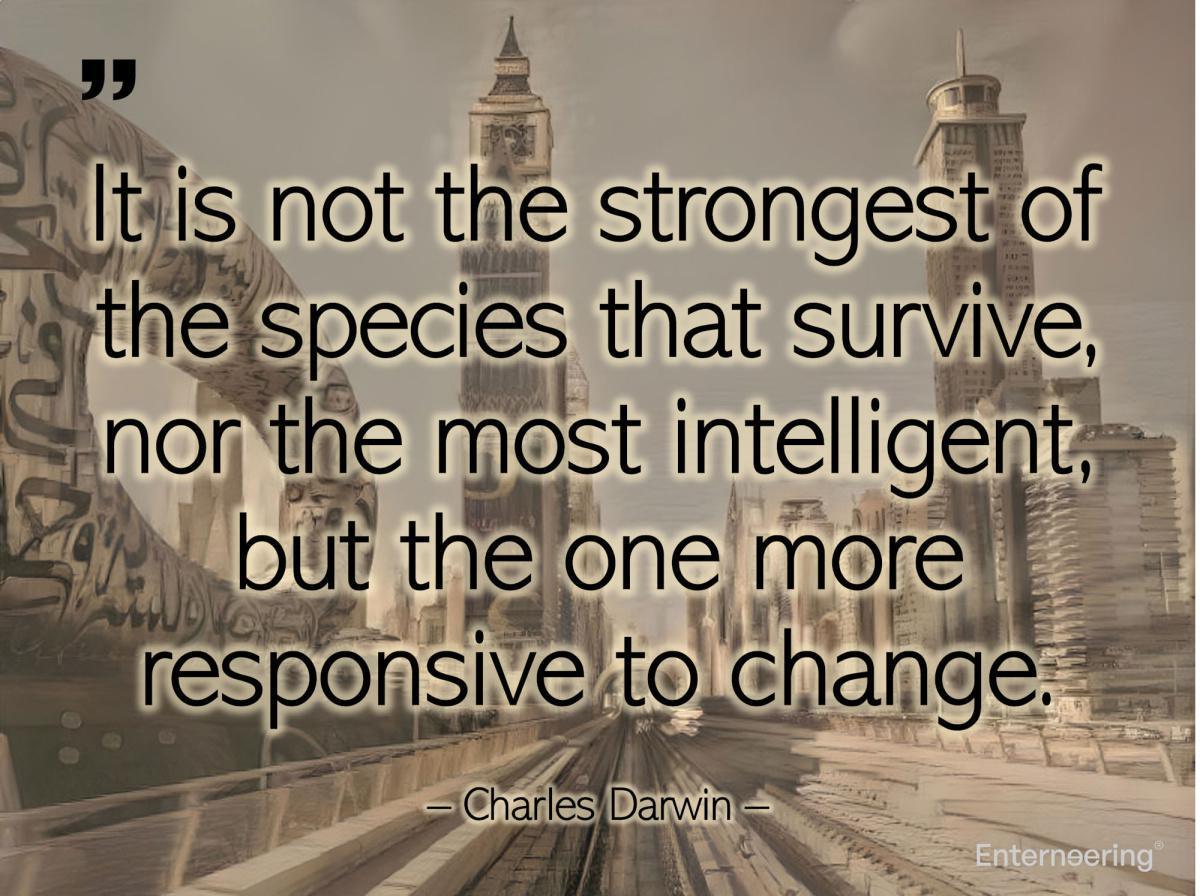Many countries and labour markets are experiencing chronic shortages of both labour and talent. Yet many organisations have failed to make the transition from traditional employment, career and development models to consistently meaning- and talent-driven ones. Many of them are not even on a recognisable path towards a more people-centred approach. Instead, they try to retain people and motivate them to perform by offering extensive but superficial workplace improvements, interchangeable leisure and fitness facilities, or tax-optimised benefits in kind. It has long been recognised that in such markets it is no longer the prospective employee who applies to the company, but the other way round. Yet many companies fail to implement an individualised, expectation- and feedback-driven application process. On the contrary, unemotional communication, autoresponders, automatic expiration of feedback deadlines and inadequate onboarding processes are still the order of the day.
In many countries and across almost all industries, the concepts of inner resignation and the big quit have been booming recently. Is this just a result of the pandemic, or are people now actively searching for a job with more meaning, appreciation and a higher degree of self-determination and participation? In addition to the frustrated flight to other jobs, many people are staying in their disliked jobs with adjusted motivation and an ever-increasing desire for more free time for the same money. This is an absolute growth killer for companies in need of highly motivated top talent.
| It is an absolute growth killer for companies in need of highly motivated top talent, when people are staying in their disliked jobs with adjusted motivation and an ever-increasing desire for more free time for the same money. |
In the few but very large regions of the world where emerging industry and technology sectors can draw on a significant surplus of available labour, there is great pressure to develop quality and increase efficiency. Finding the five people who are the best fit for the company and the job out of thousands of potential candidates requires intelligent approaches. Many corporate cultures are still characterised by traditional management structures, authoritarian leadership styles and process-related micromanagement. Yet, work results and business performance should and must be internationally competitive.
What ultimately unites all regions and industries are the effects of the digital age, climate change and explosive geopolitical developments. Constant change, rapid and short development cycles and disruptive events are the order of the day.
Recognising and addressing these issues systematically is one of the most important tasks of a corporate leader. It is one of the fundamental core tasks of every CEO, MD or entrepreneur to empower, motivate and effectively lead their organisation and the people working in it through development processes. It is about developing the right corporate and leadership culture and the smart alignment of a modern organisation. This requires a high level of social and emotional competence and an open, change-seeking and people-oriented mindset. Despite this, technical qualifications still dominate in one in two job advertisements at C-level. Just as they did eighty years ago, many shareholders are still looking for people with exceptional experience in product or business development, sales or production to run their companies. Many job descriptions still read like a sample catalogue of all the important departments and projects in the organisation.
The biggest common deficit in the above points is the inadequate ability and limited will to change. As in every previous phase of evolution, when the pressure to change is particularly high, a large proportion of humanity finds it difficult to do so. This applies to all sections of the population and all levels of positions in organisations. However, nature and evolution have never taken this into account; on the contrary, it is the key to successful development and continued existence. In terms of business development, it is in the hands of the owners, entrepreneurs or CXOs to ensure the necessary change and consistent disruption. A first step can be a simple but honest and unsparing situation analysis and self-reflection. At first, this often results in mostly familiar and not very new insights. However, a serious look at the two questions of which of these are or will be of fundamental importance, and which of these are really being dealt with effectively, can be the start of the necessary change.
Building a company, growing it effectively and leading it successfully through evolution and transformation needs to be learned and trained. Bringing people and organisations to peak performance and manoeuvring them through change processes requires ambition, passion and special skills. The larger and more complex companies become, the more important the three pillars of culture, people and organisation become. Enterneering® stands for targeted work on these three pillars. Entrepreneurs, CXOs and executives need to be familiar with them to be able to hold their own in the VUCA world of the digital age. They have to know, how to develop resilient enterprises and what need for change they are facing.
Enterneering® Roadmap Followers are on the right track to deploy the necessary change and to achieve resilience by empowerment in the digital VUCA age here.
- Empower yourself to work more effectively and consistently 'on' your business rather than 'in' it.
- Aspire to transition from micromanagement to macromanagement.
- Continuously expand your knowledge in enterprise leadership and train your personal skills while on the job.
- Make your company and yourself fit for successful growth and change in digital age.
- Assemble your individual action guide, save your favourites, and use helpful tools for planning, implementing, and monitoring your goals in effective Enterneering®.



